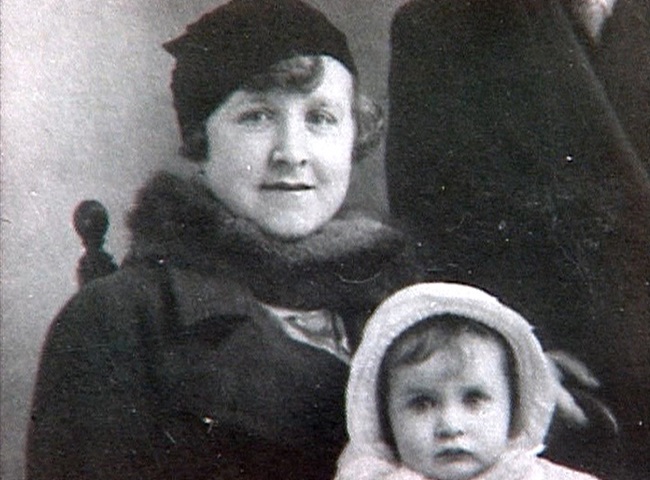Rue Ordener, rue Labat. Rencontre posthume
-
Réalisé par Shiri Tsur • Écrit par Shiri Tsur
-
France • 1995 • 33 minutes • Betacam SP • Couleur
- Réalisation :
Shiri Tsur - Écriture :
Shiri Tsur - Image :
Rémi Mazet - Son :
Fabienne Chalendard - Montage :
Mike Fromentin
- N° ISAN :
non renseigné
Résumé
Sarah Kofman, professeur à la Sorbonne, avait écrit une trentaine de livres de philosophie et un seul livre autobiographique, Rue Ordener, rue Labat, avant de se suicider le 15 octobre 1994.
Le film "Rencontre posthume" est un film à deux voix. Il raconte, à partir d'extraits, l'enfance de Sarah, petite enfant juive cachée dans le 18e arrondissement à Paris sous Vichy. Parallèlement, la réalisatrice s'interroge : sur le lien entre cette enfance meurtrie (par la déportation du père, et le conflit entre deux mères, l'une naturelle et l'autre adoptive), et l'œuvre du philosophe ; elle s'interroge aussi sur le lien entre la parution du livre et son suicide.
Ainsi s'instaure un dialogue (posthume) entre la voix du livre (incarnée par Judith Magre) et sa lectrice, la réalisatrice, qui revisite les lieux de l'histoire aujourd'hui.
Sarah Kofman, professor at the Sorbonne University, wrote about thirty philosophical books and one autobiography Rue Ordener, rue Labat before commiting suicide on the 15th October 1994.
This film "Posthumous meeting" is a film-duet. It tells with extracts the story of Sarah’s childhood, a small Jewish child hidden in the 18th ward in Paris under Vichy. At the same time the director asks questions, concerning the connection between this bruised childhood (injured by the father’s deportation, the conflict between the two mothers, the real and the adoptive one) and the philosopher’s works. She also wonders about the link berween the book’s publication and the writer’s suicide.
And so a posthumous dialogue is set up between the book (spoken by Judith Magre) and its reader, the director who revisits the sites today.
Comment avoir accès au film ?
-
Édition DVD
- Il n'existe pas d'édition DVD à notre connaissance
-
Accès VOD
- Il n'existe pas d'accès en VOD à notre connaissance
- Diffusion non commerciale / Consultation

